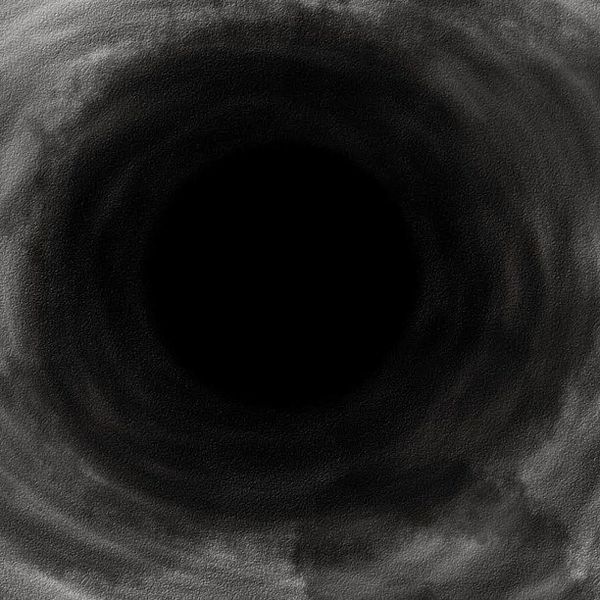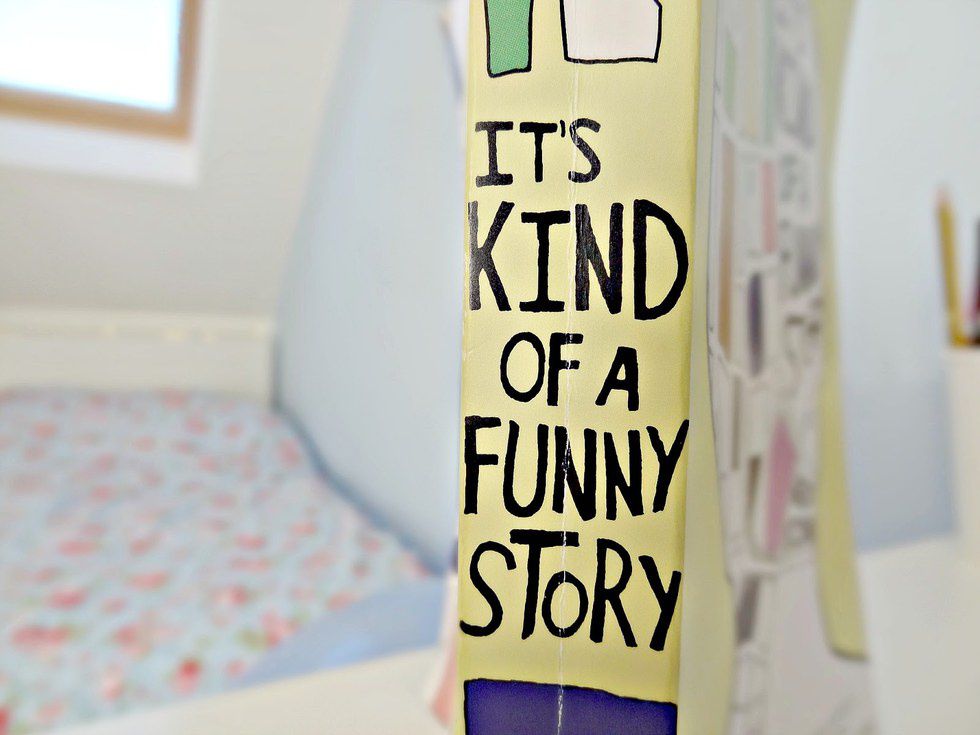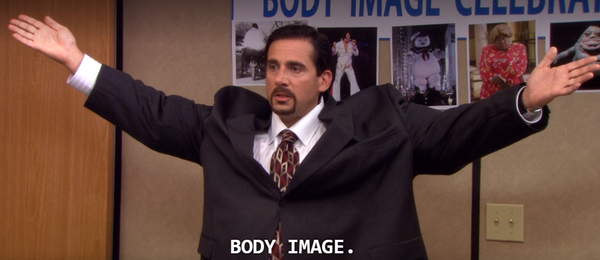When I was in high school, I hated my life. That is not a statement that should be taken lightly. The world seemed bleak, and I felt hopeless. There were a few things that got me through that, but one that I’ve touched on recently in my article (link) was reading. It comforted me and touched me in ways that physical people could not.
A book that I especially loved while I was in high school was "It’s Kind of a Funny Story" by Ned Vizzini. In the novel, a boy named Craig, almost jumps off of the Brooklyn Bridge, but ends up going to a mental hospital instead. There he is charmed by the staff of the hospital and his fellow patients. He learns what he values, and though his depression is not cured, he finds joy in his life and realizes what is best for him. "It’s Kind of a Funny Story" is a semi-autobiography based off of Vizzini’s stay in a mental hospital. It’s a wonderful, inspiring, novel that gave me hope throughout high school. I saw someone who I related to getting better, and that was comforting.
The last page of the book ends with Craig listing all the amazing things in life that he can do. His enchanting last line of the novel is “Breathe. Breathe. Breathe. Live.” That line helped me slow down, and live, just like Craig did. I don’t care if that sounds corny. That book meant something to me to the point of being a part of me. I idolized Ned Vizzini for the journey that he had endured and his beautiful book that he had crafted from his experiences.
Then, when I was a senior in high school, I heard some news. Ned Vizzini had jumped off the roof of his parent’s home, ending his life. I was devastated. I remember one of my friends distinctly made an effort not to tell me because she knew how deeply it would upset me. Now, I did not know Ned Vizzini personally nor had I ever met the man. But I felt like through his book that had done so much to me, I did know him, and that he had let me down.
How do you write a book so beautiful and awe-inspiring and then kill yourself? What kind of moral should I take from that? I had looked up to this person, and he had done exactly what he had told me, and countless other teens, not to do. He killed himself. He is dead. I cannot stand to even try to put euphemisms into those sentences because they do not tell the actual story. He took himself out of this life, leaving behind his wife and his child. His son will now grow up wondering why he wasn’t enough to keep his dad living. His wife is now a single mother who has to explain that there was nothing that their son could’ve done, daddy was depressed.
I cannot fathom the pain that Ned Vizzini went through, and for that I am sorry. It’s not fair that some people get dealt that hand in life. But there are quite a few aspects of life that are unfair. It’s certainly unfair that his family will have to live without him now.
I do not forgive Ned Vizzini for not living by his own words. I do not forgive Ned Vizzini for giving me hope, and then cruelly ripping it away from me. And I do not forgive Ned Vizzini for giving up. Depression is tricky, and I’m almost hesitant to write this, as I understand that when you are depressed, your pain is individualized and seemingly infinite. But suicide does not end your pain, it ends the chance of your pain ending. Ending your life is ending everything you have, the beautiful, the ugly, and everything in-between. You’re ending your sleepless nights, and the iridescent sunsets, the cries and the laughter, the feeling of emptiness and the joy of eating home-cooked meals. All the little things that are priceless reminders of life’s positivity are now gone, because you, the instigator of said reminders, are now gone.
In killing yourself, you’ve now taken away one more positive aspect of someone else’s life. And I cannot forgive you for that.






















